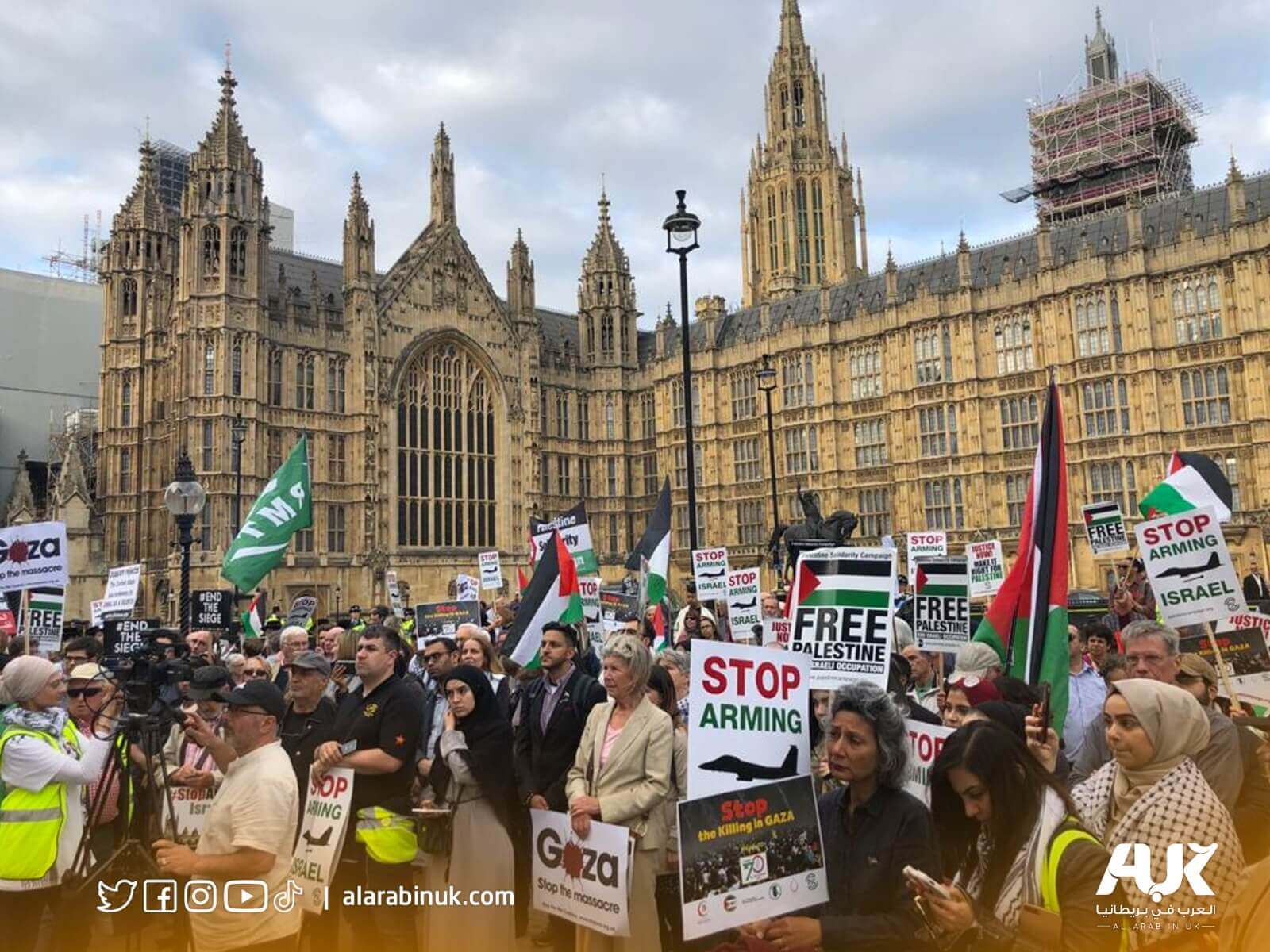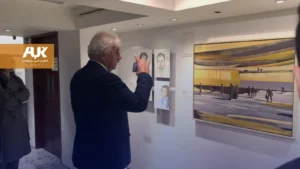Arab Presence in Britain: When? How?

By Adnan Hmidan
Arabs have been in the UK for decades. The Yemeni presence is considered the longest standing with more than 150 years in the UK, starting when British colonialism brought in large numbers of Yemenis to take over port work.
Iraqis flocked to Britain during the Iran-Iraq war in the eighties, and their numbers increased further with the American invasion of Iraq in 2003. Palestinians are also continuously moving to Britain, especially those coming from the camps of Lebanon, or from Gaza and its severe blockade of over 15 years. In addition, you may also find the “Bidoon” coming from Kuwait, and immigrants coming from Arab countries in Africa, such as Eritrea and Somalia.
While the Arab presence may be small in citizen numbers, it is massive in terms of investments wafting in from Gulf countries that have established business and commercial projects in Britain.
It is observed that British Arabs do not form a united electoral bloc, and are not classified as an independent category within the British statistical classifications like other minorities. In the British capital, London, for example, Arabs represent about 30% of the non-British communities; only second to Europeans who amount to about 40%, according to a recent census issued by the London Mayor’s Office.
According to a different census issued in 2016, the total number of the Arab community in the UK is about 600,000, while the British population – according to the official census in 2018 – is about 67 million.
During the parliamentary elections in June 2017, the turnout of the Muslim and Arab communities was low, according to a report issued by the British Parliament last month. The report stated that the number of voters in these two communities was less than half the number entitled to vote. There is no accurate count of the number of those who voted in the elections from the Arab community alone, nor to which party the majority of their votes went.
The official British statistics website claims that 1.8% of Arabs in Britain do not speak English at all, while 8.9% of them do not speak English well.
Over time, this percentage remains true due to the influx of immigrants, including the elderly, but the real fear lies in preserving the Arabic language among the new generations of Arab children in Britain, as many parents find it convenient to speak in English inside their homes, which negatively affects their children’s Arab identity, and makes them susceptible to losing their mother language completely, or being unable to learn it in the future.
But in general, Arabs or people of Arab origin do exist in British society; they have a presence there and the contributions to show it. There is also a qualitative presence to some of them in political life through the Parliament, political parties and municipal councils, as well as in charitable and humanitarian activities, and even in trade and business management. (https://texasdls.com/)
ShortURL ⬇








